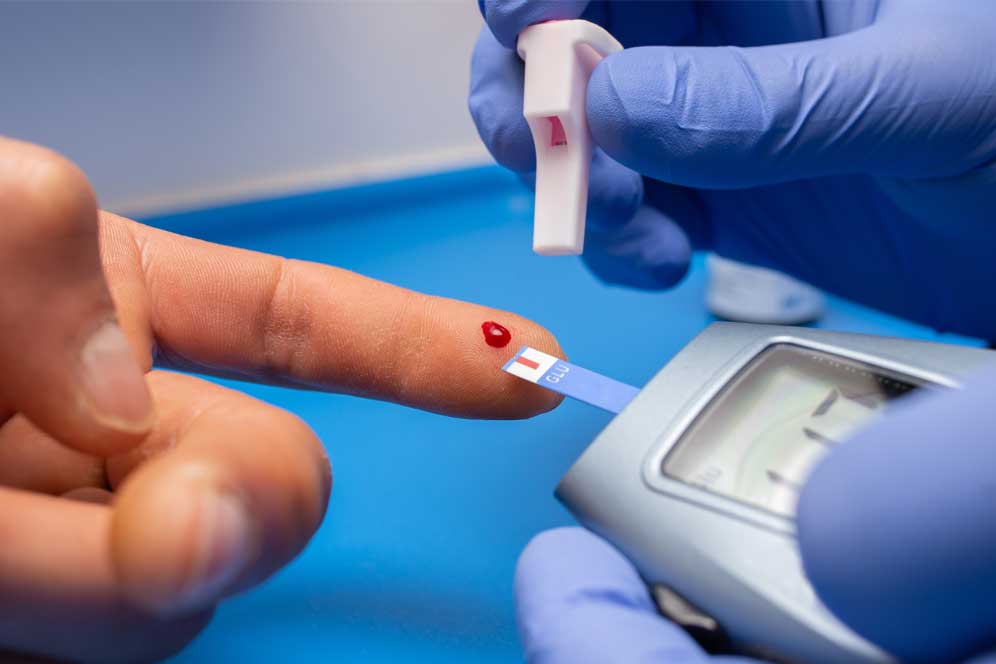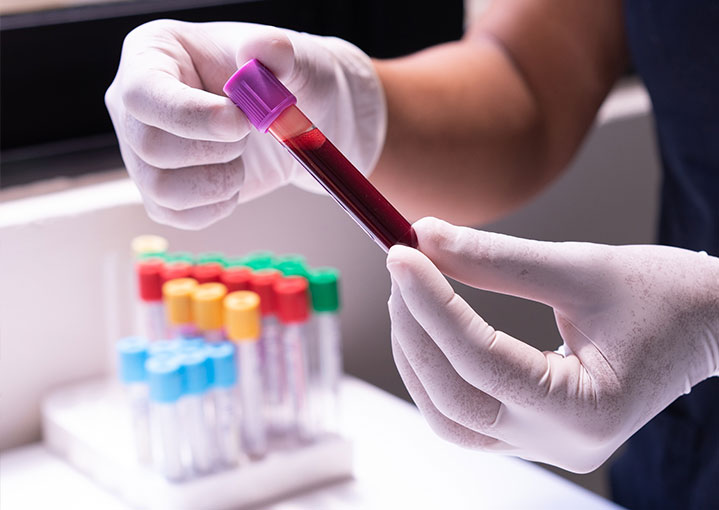
February 4, 2025


Our state-of-the-art Catheterization Laboratory (Cath Lab) is equipped with cutting-edge technology to diagnose and treat cardiovascular and neurovascular conditions. Our expert team of neurologists, neurosurgeons, cardiologists, neuroradiologist and technicians provide comprehensive care for patients with complex vascular diseases.
Services Offered:
Benefits:
Find answers to common questions about our Cath Lab services
and how they can help you on your journey to recovery.

We are Here To help with your queries!
A Cath Lab (Catheterization Laboratory) is a specialized facility equipped for diagnosing and treating cardiovascular conditions using minimally invasive techniques. Common procedures include angiography, angioplasty, stent placement, pacemaker implantation, and electrophysiology studies.
Most Cath Lab procedures are minimally invasive and performed under local anesthesia. Patients may feel mild discomfort, but not pain. Risks are minimal and are carefully managed by experienced specialists using advanced equipment.
Procedure times vary depending on the complexity. A routine angiogram may take 30–60 minutes, while angioplasty or stent placement could take up to 90 minutes or more. Recovery and monitoring follow the procedure.
You may be asked to fast for several hours before the procedure. Inform your doctor about any medications, allergies, or existing conditions. Your healthcare team will give you detailed pre-procedure instructions.
Many patients go home the same day or the next, depending on the procedure and individual condition. Your doctor will monitor you post-procedure and advise on rest, medications, and follow-up care.